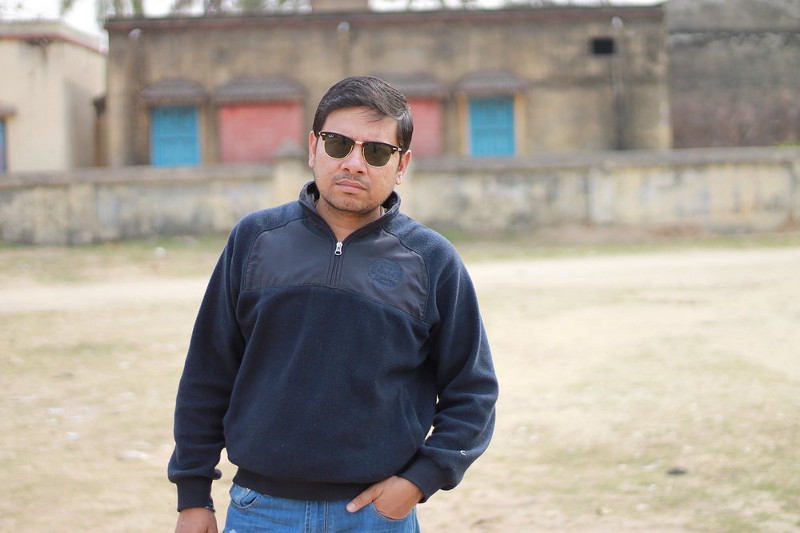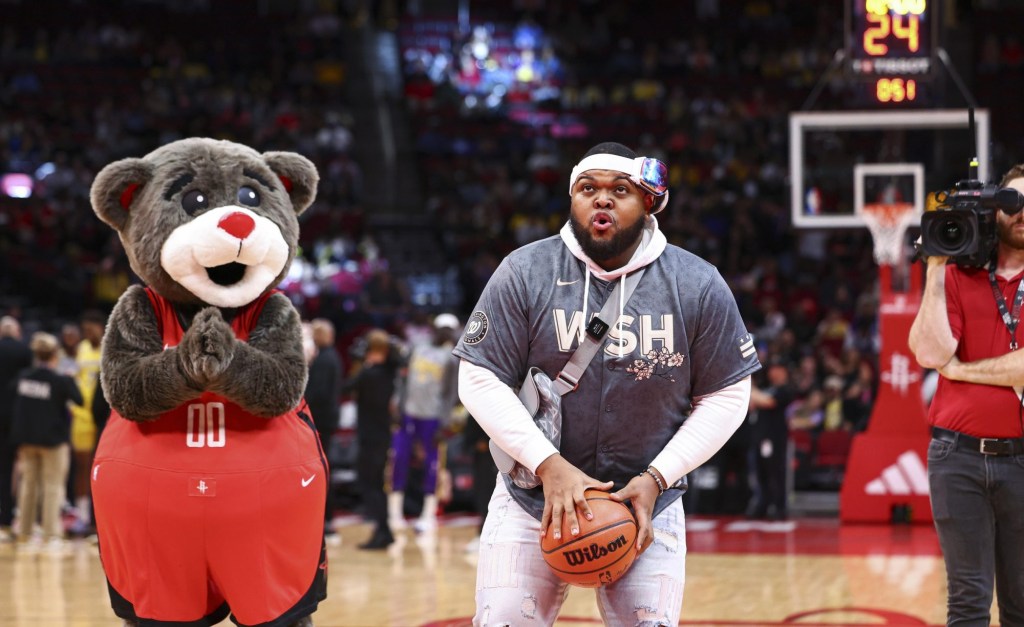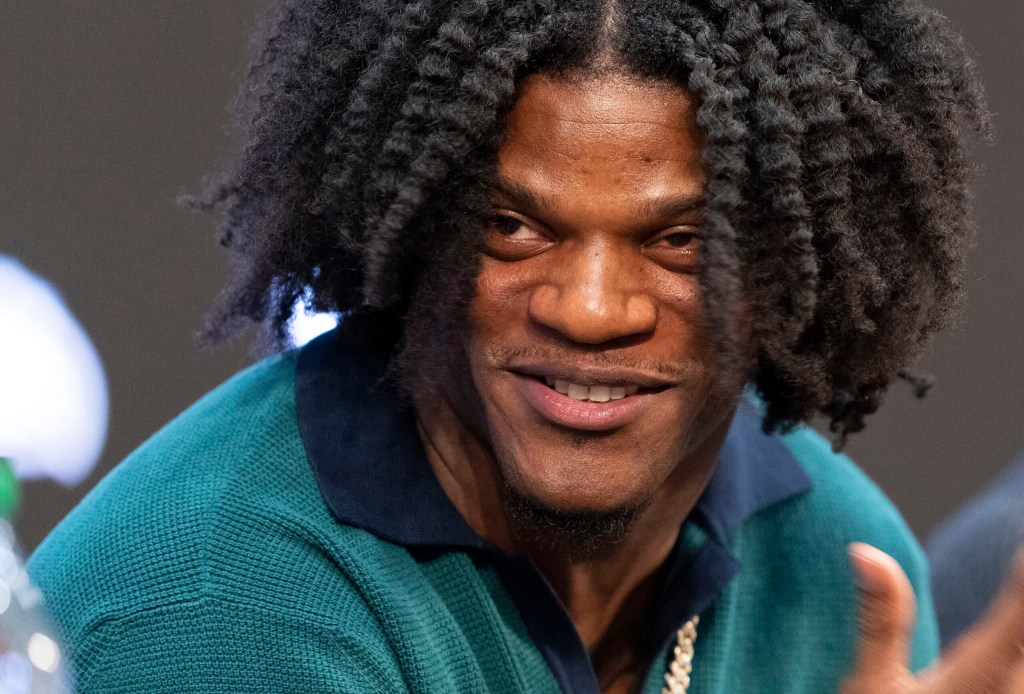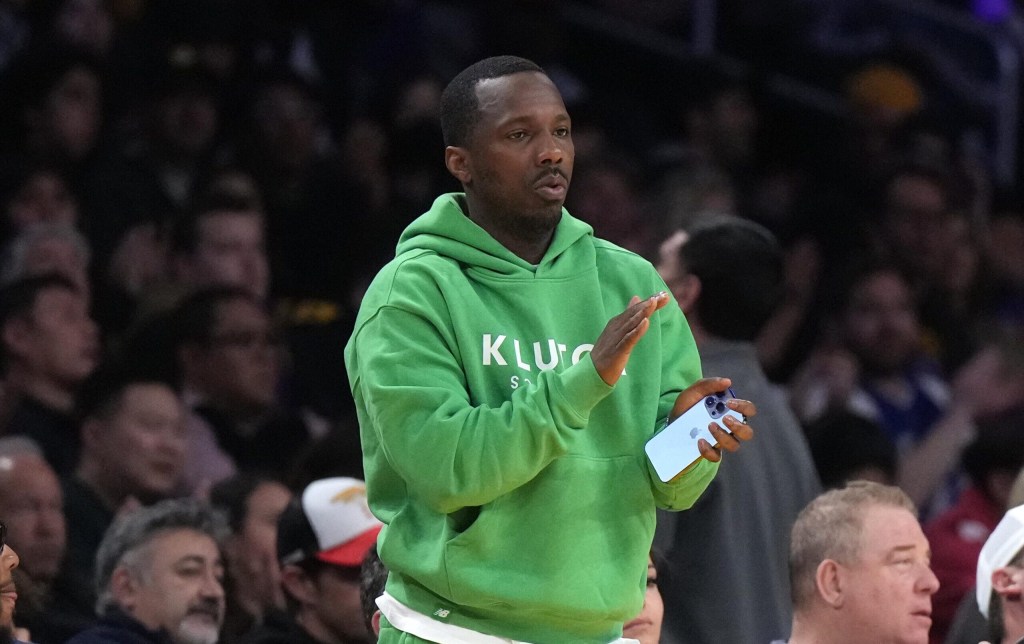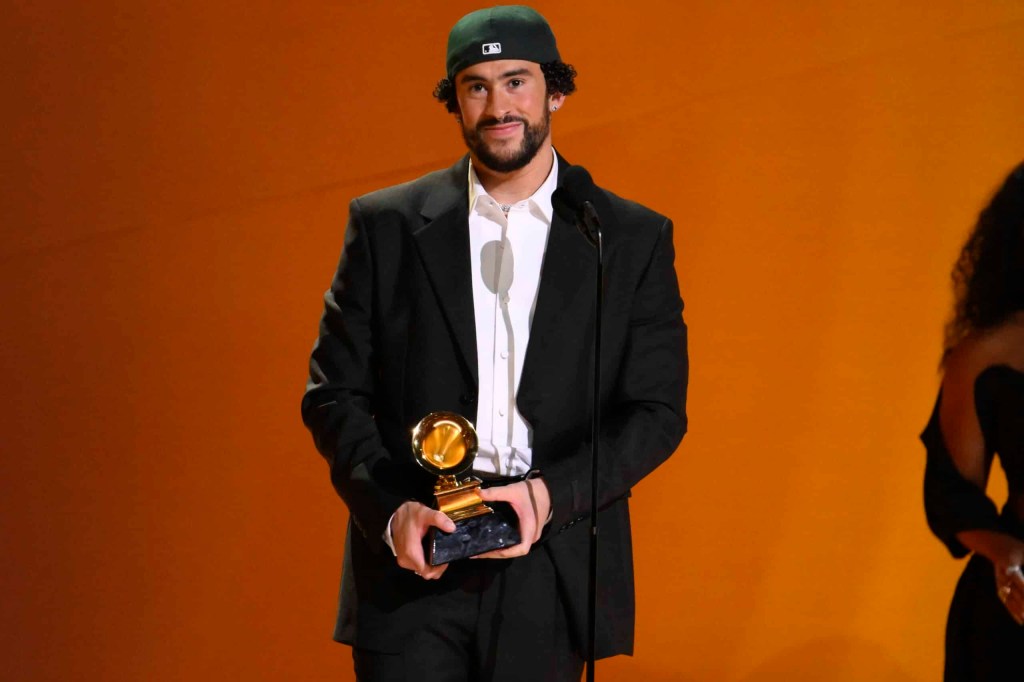By: Adam White, @FOSAdam

Front Office Sports is proud to have sat down with Abhoy Chattopadhyay, Practice Lead — Sports & Entertainment for WordsWork Communications Consulting. With a career in the sports business industry now spanning over a decade, Abhoy has been lucky enough to have some great memories including managing India’s first and only Olympic Gold Medalist Abhinav Bindra who in the 2008 Beijing Olympics, won the gold medal in shooting. Abhoy has stood out among his peers in India and has risen to be one of the most respected individuals in sports and athlete media and public relations. He was gracious enough to spend some time with us and offer up some insight on the current state of India’s sports business landscape, how tough entry level positions are, and why being responsible and owning up to ones actions is key to success in the sports business world.
After graduating from college, what peaked your interest about working in sports and what has that journey been like for the last 12 years or so?
Like so many professionals, Abhoy got his start in sports as an athlete saying, “I have always been an athlete. Although not competitive enough to play at the highest level, I represented my school and college at various tournaments.” To Abhoy, working in sports was a way to stay connected to the game saying, “the idea of being associated with sports has always been there, however how and what only came to light when I was working on my masters and landed an internship with a golf management firm, Tiger Sports Marketing.” Once he landed his first full time internship, Abhoy was knew he had found his passion saying, “That got me completely hooked onto sports as a career option and, thankfully, I have not looked back ever since.”
What is one thing a student or young professional needs to remember as they try to break in and/or progress through the communication field?
It was evident that Abhoy knew the importance of passion and how far it has gotten him saying, “Passion is the key” He also said that as a new student you need, “the ability to understand the human psyche and manage relationships. Those are two critical parts to success.”
As for other skills, Abhoy emphasized that, “When it comes to hard core work, you must have command over whatever language you are working in along with the ability to understand and identify news.”
Like many other professionals in the industry, Abhoy stressed the importance of reading saying, “The more you read and absorb, the better it is for you. Reading not only allows you to understand what is going on, it allows you to have a better understanding of your sport, the rules, history, laws and other details.” Not only does this knowledge make you well rounded, it allows you to “communicate more efficiently and effectively.”
What has been your proudest moment thus far working in sports?
Being active and influential in the Indian sports business industry for almost a decade, Abhoy has his fair share of memories from Managing India’s first and only Olympic Gold Medalist Abhinav Bindra, to working to increase the fan base for NBA in India. He was also apart of managing India’s only formula one driver Narain Karthikeyan and single handedly leading the PR campaign for the World Badminton Championships in 2009 and Premier Hockey League in 2008.
For him, interacting with these professionals was the experience of a lifetime saying, “These guys are made of some other material…their focus and their body language is just different.”
These experiences have confirmed to Abhoy that he made the right career choice saying, “it definitely made me happy that I chose a career which not many in this country have tried pursuing. The progress has been slow, but definitely worth every moment of hard work and effort.”
What have been some challenges for you working in India where sports business is not as big as it is in the U.S.?
When thinking of the sports business industry, many young students and professionals believe that everywhere is as great as the U.S., but in India that is not the case. “The biggest challenge is the fact that not many things are organized there.” He also alluded to the over dominance of cricket as another deterrent for a thriving sports business industry.
Although they are fighting an uphill battle, Abhoy believes the tides are turning for the better saying, “the scenario has changed for the good over the years. In 2003 when I started in golf, we only had four guys reporting on the sport that also understood the sport. Today every single newspaper and magazine has a specialist golf reporter. The Indian sports scene has definitely come of age.”
Not only has he been happy with the strides India has made, he understands that they have a long way to go saying, “The recent graph of Indian performances globally has a strong message that we are working hard and are soon going to be there.”
If you could go back and give a younger version of yourself one word of advice, what would it be? What would you do to set yourself up for success?
Knowing the importance of getting footing early on Abhoy would tell himself “to assess which part of sports I want to be involved with — sponsorships, management, communication, operations, etc.”
Although working in sports is great, he wants you to remember, “be ready to have rough days without breaks. If you are ready to live a life like that, then you are ready take your baby steps into the industry.”
Another key factor that young students need to remember is “to be a responsible person individually. This industry is one where, if you make a wrong step, you have the potential to ruin many lives.”
For Abhoy, there are two qualities that are absolutely critical in the sports business industry being, “ownership and responsibility.”
He also wanted to remind students “this industry and business has no space for casual people. We are in a serious job, which has a lot of glamour, but the seriousness of our job is the most important.”
When you broke into sports what was your first position like? Can you elaborate for the students and young professionals what they should expect in their first entry-level position?
“My first position had a flashy name but as flashy it was for my friends, it required me to work harder than then the title presented itself.”
In his entry-level position, he was tasked with many chores saying, “there were days when I packing goody bags for an event and other days when I was spending nights editing TV shows on golf for a sports channel.”
Although it was very stressful, Abhoy understood why he was there, which made the work joyful and enjoyable. He recognized the hard work as something that was necessary saying, “The hard work that came with my entry level positions, while stressful, has really paid off somewhere else and have led me to great success in my career.”
We would like to thank Abhoy for his time and insight! You can connect with him on LinkedIn here or on Twitter here!
